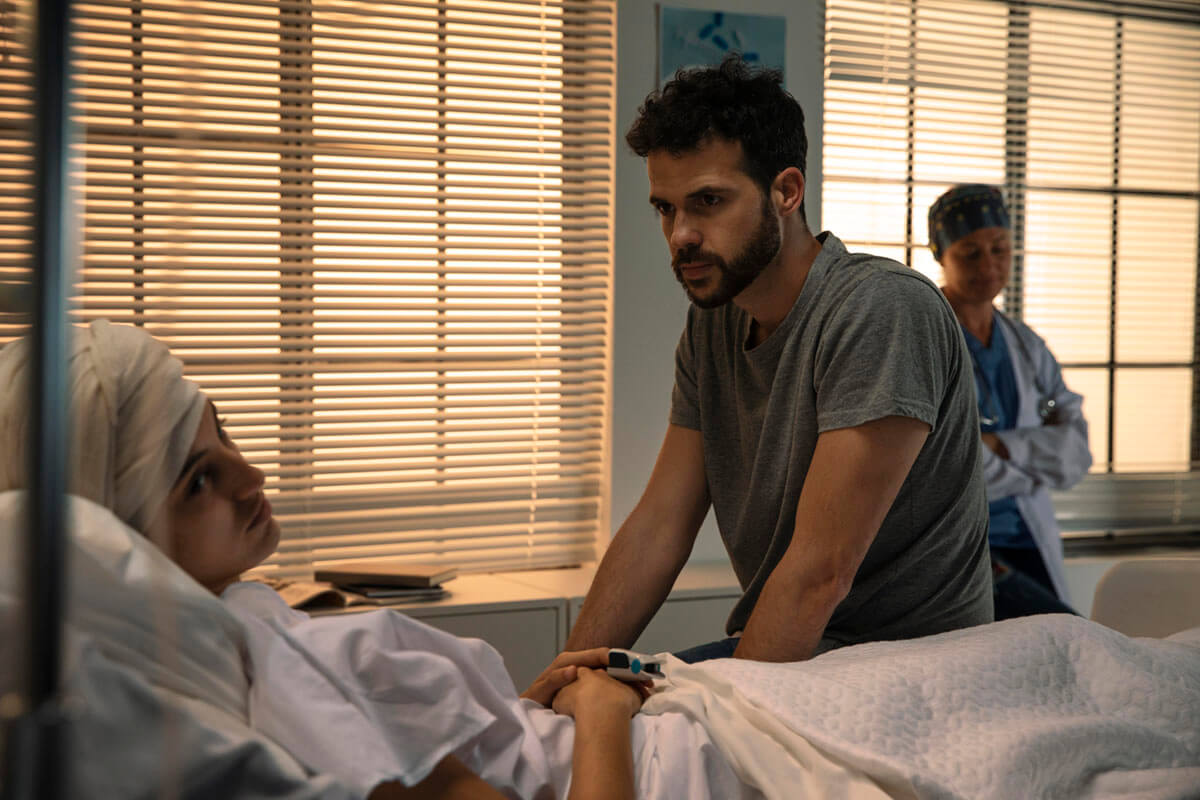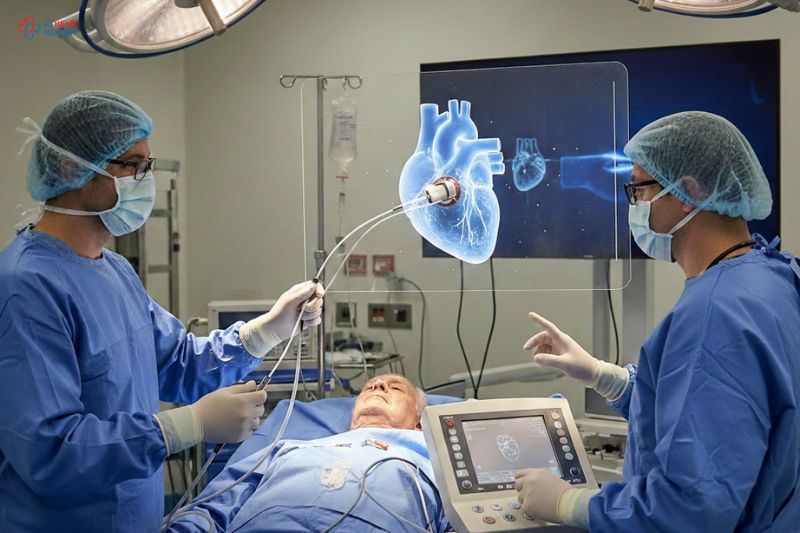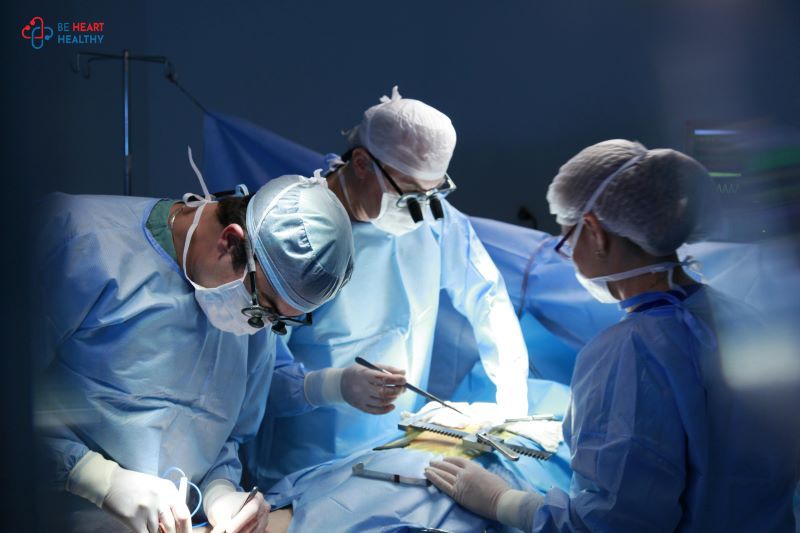Transcatheter Aortic Valve Implantation (TAVI), also known as TAVR (Transcatheter Aortic Valve Replacement), is a revolutionary procedure for patients with severe aortic stenosis. While the procedure is minimally invasive, understanding the process of recovery after TAVI is essential to achieving optimal results. This article outlines the key aspects of recovery, including timelines, precautions, and tips for a smooth transition back to everyday life.
Understanding the Recovery Process
The recovery after TAVI is typically shorter compared to traditional open-heart surgeries. Most patients are discharged within 2 to 5 days post-procedure. During this period, the body begins to adapt to the new valve, and doctors closely monitor vital signs to ensure no complications arise.
The initial days of recovery involve managing mild discomfort around the catheter site, usually in the groin or chest. It’s essential to rest adequately but also start light movement, as recommended by your healthcare provider, to prevent blood clots and improve circulation.
What to Expect During Transcatheter Aortic Valve Replacement Recovery
The first two weeks are critical in the transcatheter aortic valve replacement recovery process. You may experience fatigue, minor swelling at the incision site, or temporary irregular heart rhythms. These are normal and typically resolve with time.
Patients are advised to:
- Follow a heart-healthy diet to support healing.
- Take medications as prescribed, especially blood thinners and pain relievers.
- Avoid lifting heavy objects or engaging in strenuous activities.
Follow-up appointments are crucial to track progress. During these visits, your cardiologist will perform tests like echocardiograms to ensure the new valve is functioning well.
TAVR Surgery Recovery Time: Key Milestones
The TAVR surgery recovery time varies depending on the patient’s age, overall health, and any underlying conditions. Below is a general timeline:
- First Week: Rest at home, gradually increase activity like walking for short durations.
- 2–4 Weeks Post-Procedure: Resume light daily activities. Many patients feel more energetic as blood flow improves.
- 4–6 Weeks Post-Procedure: Depending on progress, patients can return to work or low-impact exercise.
By the six-week mark, most individuals report significant improvement in their quality of life, including better breathing and increased stamina.
TAVR Post Procedure Care: Tips for a Smooth Recovery
Effective TAVR post procedure care is critical for preventing complications and ensuring long-term success. Here are some important guidelines:
- Incision Care: Keep the catheter site clean and dry. Avoid submerging the area in water until cleared by your doctor.
- Medication Adherence: Take prescribed medications, including antiplatelet drugs, to prevent clotting around the new valve.
- Monitor Symptoms: Report symptoms like fever, excessive swelling, or shortness of breath to your doctor immediately.
- Heart-Healthy Habits: Follow a low-sodium, balanced diet to maintain good heart health.
- Rehabilitation Support: Enroll in a cardiac rehabilitation programme for personalised guidance on exercise and recovery.
Adhering to these tips helps minimise risks and enhances recovery outcomes.
Lifestyle Adjustments Post-TAVI
Recovering from TAVI doesn’t end with physical healing. Adopting a healthier lifestyle is vital to prolonging the benefits of the procedure. This includes:
- Quitting Smoking: Tobacco use can increase the risk of complications.
- Managing Stress: Engage in activities like meditation or light yoga to support emotional well-being.
- Routine Check-Ups: Regular follow-ups with your cardiologist are non-negotiable to monitor your heart health.
These changes can significantly reduce the chances of requiring further interventions in the future.
Emotional and Psychological Recovery
The recovery journey isn’t just physical. Many patients experience emotional fluctuations, ranging from relief to anxiety about their health. Open communication with loved ones and healthcare providers can provide the emotional support needed during this time.
Consider joining a support group where you can connect with others who have undergone TAVI. Sharing experiences can make a big difference in regaining confidence and motivation.
Final Thoughts
The TAVR surgery recovery time is shorter and less demanding than traditional valve replacement surgeries, but it still requires careful attention to post-procedure care. By following your doctor’s advice and making sustainable lifestyle changes, you can enjoy the full benefits of the procedure.
If you’ve recently undergone TAVI or are considering it, remember that expert guidance and proactive recovery measures are the keys to a healthier future. Consult a specialised centre like Be Heart Healthy, where leading cardiologists ensure personalised care every step of the way.



